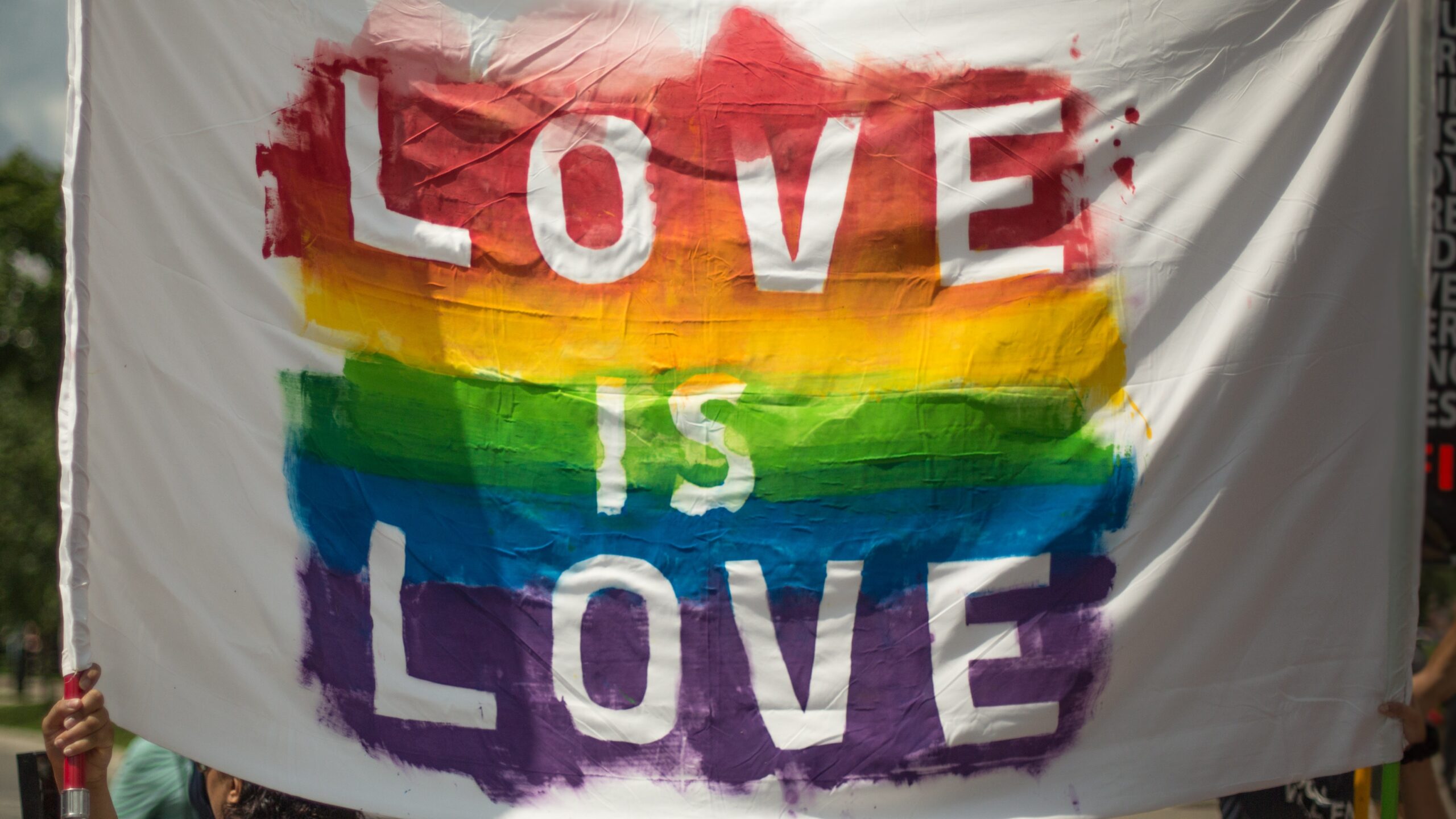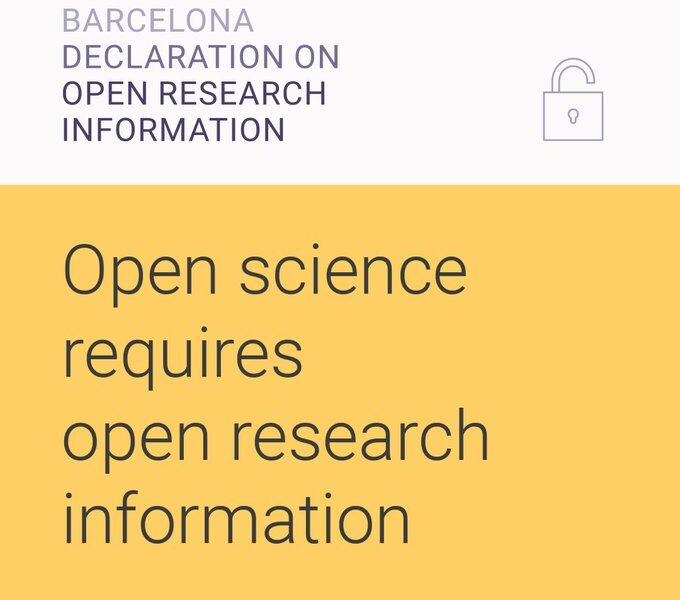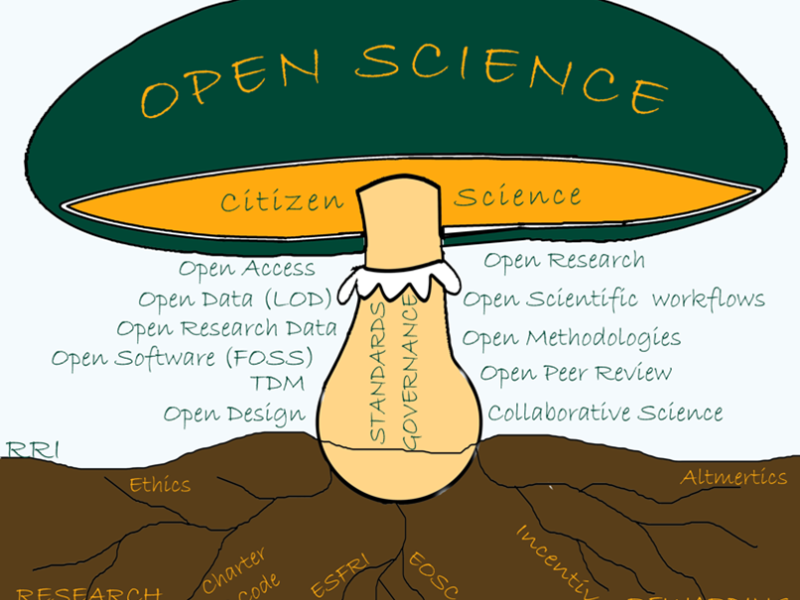
Embracing Open Science: Empowering the LGBTQ+ Community
Embracing Open Science: Empowering the LGBTQ+ Community https://opusproject.eu/wp-content/uploads/2023/06/pexels-north-1280638-scaled.jpg 1024 576 Open and Universal Science (OPUS) Project Open and Universal Science (OPUS) Project https://opusproject.eu/wp-content/uploads/2023/06/pexels-north-1280638-scaled.jpgIn recent years, the principles of open science have gained significant traction within the academic and scientific communities. Open science promotes the sharing of knowledge, data, and research findings, fostering collaboration and transparency in the pursuit of scientific advancement. Beyond its primary goals, open science has had a profound influence on various social and marginalized communities, including the LGBTQ+ (Lesbian, Gay, Bisexual, Transgender, Queer/Questioning, and others) community. This article explores how open science has become a catalyst for positive change, empowerment, and inclusivity within the LGBTQ+ community.
- Breaking Barriers of Isolation: Open science has the power to break down barriers and eliminate the isolation often experienced by LGBTQ+ individuals. By encouraging the open sharing of research and ideas, it creates opportunities for scholars, activists, and individuals from diverse backgrounds to collaborate and contribute to scientific knowledge. This inclusivity fosters a sense of belonging and acceptance, giving a voice to those who may have previously felt marginalized within scientific spaces.
- Addressing Knowledge Gaps: Historically, the LGBTQ+ community has been underrepresented in scientific research, leading to significant knowledge gaps. Open science initiatives have helped to bridge these gaps by promoting the inclusion of LGBTQ+ perspectives and experiences in scientific studies. Researchers are now more encouraged to investigate topics related to sexual orientation, gender identity, and the unique challenges faced by the LGBTQ+ community. This increased focus has led to a deeper understanding of LGBTQ+ health, mental well-being, and social issues.
- Challenging Stereotypes and Stigma: Open science serves as a powerful tool for challenging stereotypes and reducing stigma surrounding LGBTQ+ identities. By openly sharing research findings, scholars have been able to debunk harmful misconceptions and provide evidence-based knowledge that challenges societal biases. The dissemination of accurate information through open science channels helps to promote acceptance, understanding, and empathy towards the LGBTQ+ community.
- Amplifying Activism and Advocacy: Open science has provided a platform for LGBTQ+ activists and advocates to amplify their voices and effect positive change. By openly sharing research, data, and personal experiences, activists can access and utilize scientific evidence to support their advocacy efforts. This integration of science and activism has strengthened LGBTQ+ rights movements, leading to increased awareness, policy reforms, and social progress.
- Fostering Community Engagement and Support: The open science movement has created opportunities for community engagement and support within the LGBTQ+ community. Online platforms and open-access resources provide a wealth of information, educational materials, and support networks for individuals seeking guidance or connection. This accessibility has empowered LGBTQ+ individuals to take control of their own health, well-being, and personal development.
Open science has brought about significant positive changes within the LGBTQ+ community. By promoting inclusivity, challenging stereotypes, and amplifying activism, open science has empowered individuals and communities to contribute, collaborate, and access valuable resources. This increased visibility and understanding have paved the way for a more accepting and equitable society. As the open science movement continues to evolve, it is crucial to ensure that the LGBTQ+ community’s unique perspectives and experiences remain central to scientific discourse, fostering a more inclusive and diverse research landscape.
- Posted In:
- Open Science News




